If you’re a real estate agent, you need to learn about SEO for real estate right now. Search Engine Optimization is the only thing you can do to increase your organic traffic in the long run.
In real estate, SEO not only helps you increase your online visibility and brand awareness but also brings in valuable leads.
Here’s what we’ll explore:
- The benefits of SEO for real estate
- The steps for optimizing your real estate website
- Local SEO Strategies
- Content marketing
- How to track and measure your SEO efforts
This valuable piece will be your crash course for getting into SEO for real estate. We’ve compiled our research into this simple yet informative article.
Every bit of information covers a mountain of knowledge, so you need to pay attention if you want this digital marketing strategy to work.
Benefits of SEO for Real Estate
Any real estate website needs a solid SEO strategy, and that’s a fact. You need it to pop in search results, increase potential buyers’ and sellers’ traffic, and close more deals.
Real estate SEO is complementary to all other marketing efforts you’re putting in.
Without it, chances are the only leads you’ll find will come with a “pay-per-click” tag attached. In other words, you’ll pay for real estate ads and see only short-term results.
With the right real estate SEO strategy, you will notice leads coming in from organic sources, such as from web results. But traffic from search results is only one of many benefits of SEO for real estate.
Here are the advantages of having a solid search engine optimization strategy for your real estate website:
1. Enhanced Online Visibility
One of the primary benefits of optimizing your real estate website is that it boosts your visibility on search engines like Google. This is a great way to raise brand awareness.
When potential clients search for properties or real estate services, your website is more likely to appear at the top of the search results. In turn, this increases the chances of generating leads.
And while more leads sound great, that’s just the beginning.
2. Targeted Traffic: Nurturing the Right Leads
 Source
SourceSEO for real estate allows you to reach an audience that’s genuinely interested in real estate services. By optimizing your website for relevant keywords, you’re not just attracting any visitors. You’re attracting potential clients ready to convert.
That’s the power of organic traffic compared to paid traffic. When you’re keeping your real estate website keyword-rich, optimized for users, and value-oriented, you’re attracting qualified leads.
When you’re investing in Google ads only, you’re attracting outbound leads. These may or may not be interested in your real estate business.
3. It’s Cost-Effective Real Estate Marketing
 Source
SourceWho doesn’t love cost-effective real estate marketing plans?
Compared to other forms of marketing (paid ads, guerilla, influencer marketing, etc.), real estate SEO stands out as an economical choice.
So, instead of pouring your dollars and budget into traditional advertising methods that may or may not work, you should optimize your real estate website for SEO. This way, you’ll organically appear in search engine results pages without the need to spend additional resources.
However, this strategy may cost you in other forms. While budget-friendly, search engine optimization costs time.
Search engines take their time indexing your website’s content, so real estate SEO can feel like planting seeds for future growth and lead generation.
4. It Builds Credibility and Trust
Real estate SEO is all about online credibility. To thrive in search engine rankings, both users and engines need to view you as a trusted real estate website.
Websites that rank high in search results are often perceived as more credible and trustworthy.
Real estate websites that rank high have these standard features:
- They provide just the right answer to a search query.
- They’re keyword-optimized.
- They have high domain authority (Such real estate websites include Zillow, RE/MAX, etc.).
- Other authoritative real estate websites link to them.
- Users come back over and over again to their page for their quality content.
And that’s just to scratch the surface…
But don’t worry–we’ll show you how to do everything with little effort.
While you’re building SEO for your website, don’t forget to keep your sales up. Check out our best 13 ideas on how to get real estate listings.
The Right Steps to Build SEO for Real Estate Websites
Many gurus out there will tell you all sorts of (un)ethical steps to take to build real estate SEO fast. While their advice may or may not work in the short run, it’ll never provide ongoing results.
At Xara, we’ve researched this topic over and over again to answer the burning question: How to actually build real estate SEO?
Here is our expert advice and go-to checklist for all real estate agents like yourself who want to see their real estate websites up in the search engine results:
1. Conduct Keyword Research
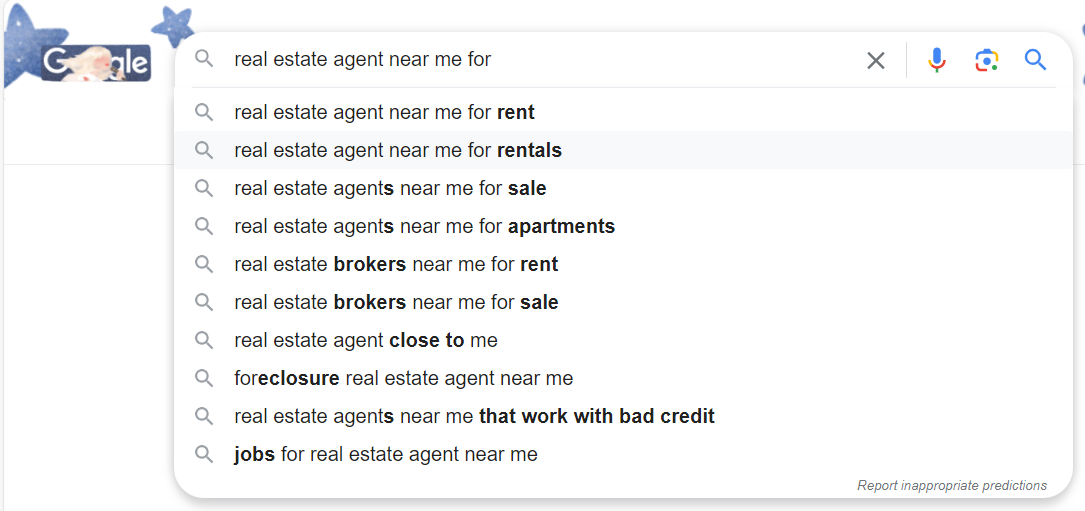
Always start your journey with in-depth real estate keyword research.
The main idea of this research is to identify what your potential clients type when searching for real estate services.
Here are some actionable steps to conduct keyword research for your real estate SEO:
- Start with Google’s Keyword Planner: Discover keywords relevant to your real estate farming area.
- Get inspiration for every occasion: Check out this 160+ real estate keywords library.
- Utilize SEMrush for Competitive Insights: Find top keywords used by competitors.
- Dive into Google Autocomplete: Observe auto-suggested keywords that pop in a simple Google search (or in other search engines too).
- Explore Related Searches: Scroll down for more keyword ideas at the bottom of search engine results.
- Use Online Forums and Communities: Find queries used by potential clients on forums or community chats.
- Conduct Location-Based Research: Include city names or popular areas in your keywords to optimize for local search.
- For example: “homes for sale in [city or neighborhood]” or “real estate agents in [city or neighborhood]”.
- Review Competitor Websites: Identify the targeted keywords in their featured articles or top pages.
- Survey Your Audience: Ask customers about their search terms. Use LinkedIn or Instagram stories to create polls where people can answer fast.
- Use Google Trends: Check keyword search trends over time. See if they’re making a comeback every year (e.g., real estate holidays) and use them in your content.
- Check Keyword Difficulty and Search Volume: If your website is fairly new to real estate SEO, it may be wise to target low-difficulty, mid-volume keywords. Look for long-tail keywords, too, as they have the potential to bring in more traffic.
- Create a Keyword Spreadsheet: Organize keywords for your SEO strategy and mark them as done once you used them.
- Track and Adjust Regularly: Monitor your keywords’ performance and adapt using Google Search Console. Stay on top of real estate trends to be the first in your line. Regularly perform technical SEO audits.
2. Improve On-Page SEO
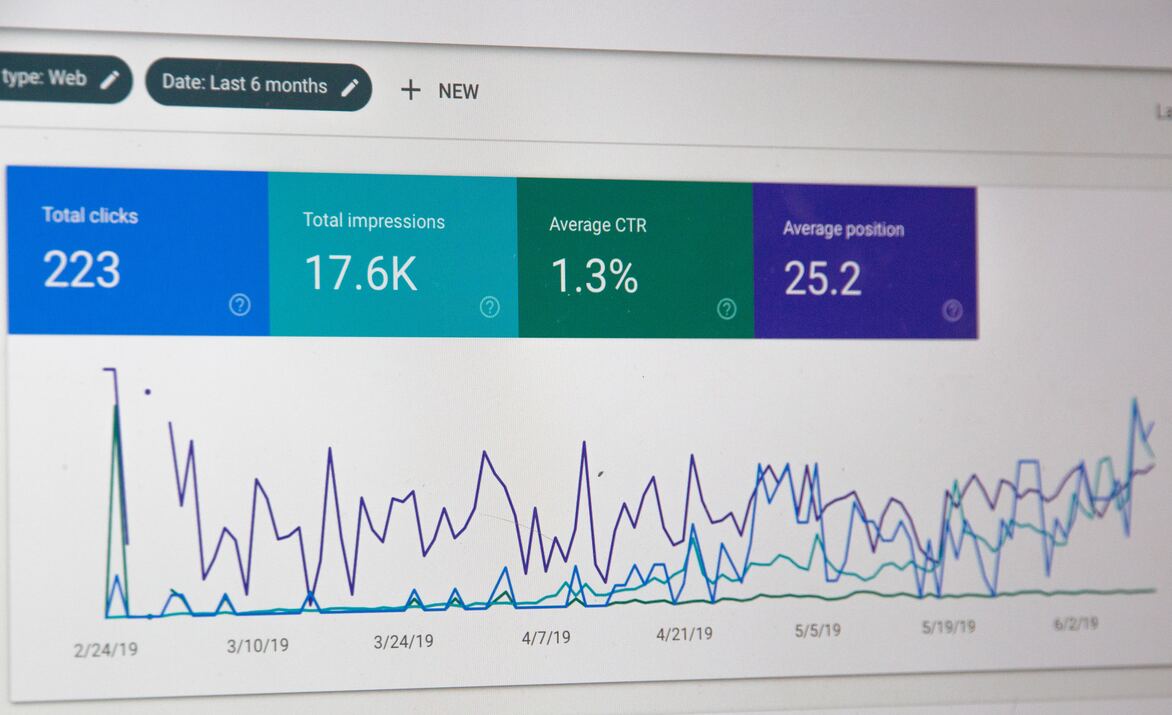 Source
SourceOptimize your website’s on-page SEO elements.
How exactly? Well, you need to ensure that your content is well-structured with relevant keywords.
For example, if you’re building an article with this keyword in mind, “first-time homebuyer,” make sure to include this keyword in your meta title. It will help search engines crawl your content and rank it.
This includes fine-tuning these aspects:
Meta titles
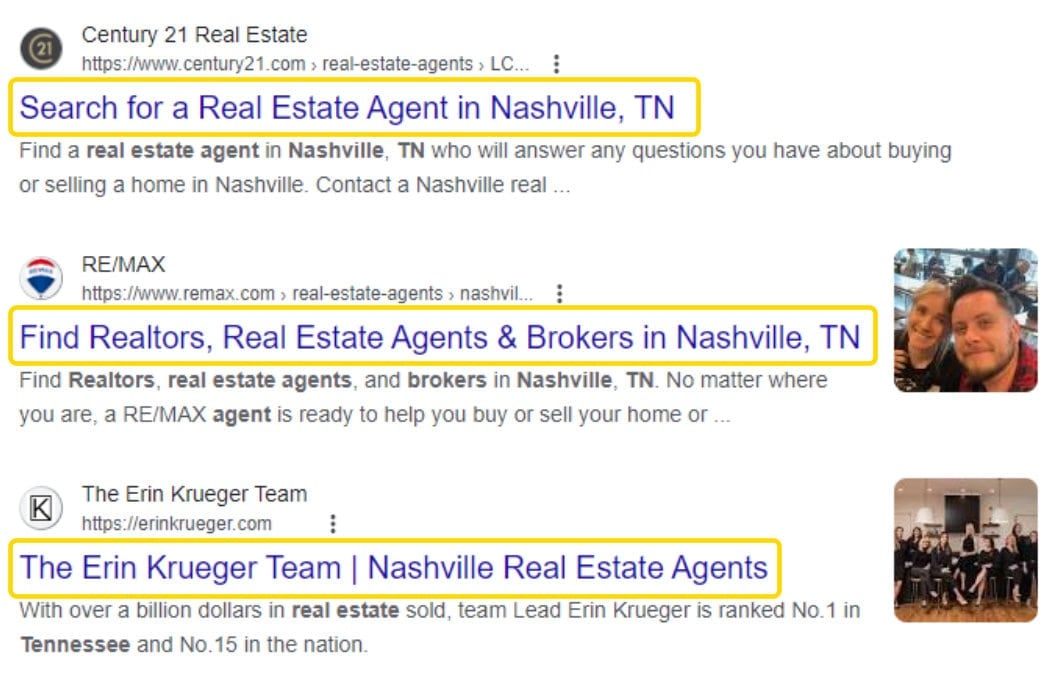
What is a Meta Title?
A meta title is an HTML tag that specifies the title of a web page. It appears at the top of the browser window and the search engine results page (SERP). Also known as title tags, they are essential for both SEO and user experience. They should be descriptive and accurately reflect the content of your real estate page.
How to Write A Successful Meta Title?
- Keep it concise: Meta titles should be 50-60 characters long. Search engines display the first 60 characters. Long titles get cut off, making it hard for users to read.
- Use target keyword: Include your target keyword in the meta title. This helps search engines understand your page and boosts your ranking.
- Make it compelling: Your meta title should entice users to click. Use action words and power words for urgency and excitement. Think about what would make you click and incorporate those elements.
- Be descriptive: Your meta title should accurately describe your page. Avoid misleading or clickbait titles to prevent high bounce rates and SEO damage.
- Include your brand name: Add your well-known brand name to the meta title. This helps users recognize your content in search results and boosts brand recognition.
5 Real Estate Meta title examples:
Luxury Homes for Sale in [City Name] | [Real Estate Agency Name]
Find Your Dream Home in [City Name] | Top Real Estate Listings
Expert Real Estate Agents in [City Name] | Trusted for [Number] Years
Discover [City Name] Real Estate | Homes, Condos, and Flats for Sale
Your Guide to Buying a Home in [City Name] | [Agency Name] Real Estate
Meta descriptions
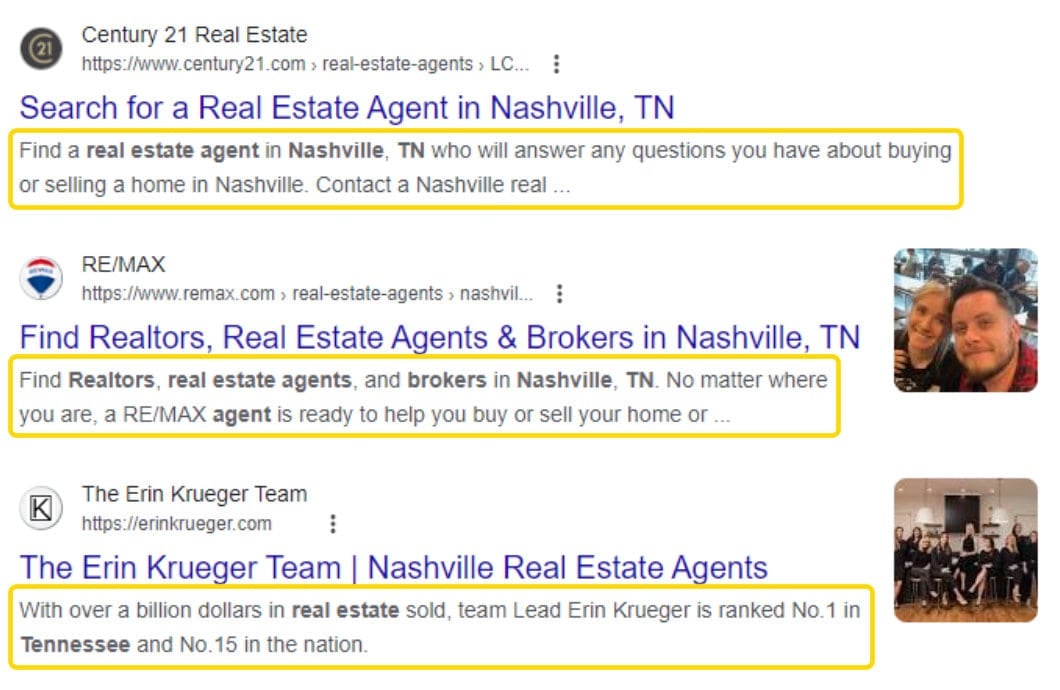
What is a Meta Description?
A Meta description is an HTML attribute that provides a brief summary of a web page’s content. They appear below the page title in search engine results and give users an idea of what to expect when they click the link. While not a direct ranking factor, meta descriptions can impact a user’s decision to click on a link.
How to Write Compelling Real Estate Meta Descriptions?
- Keep it concise: Summarize the web page’s content in 150-160 characters. Avoid long sentences and keyword stuffing. A concise and well-written meta description can increase your CTR.
- Include target keywords: Naturally include your target keyword in the meta description, preferably at the beginning.
- Use active voice and persuasive language: Use action-oriented verbs and persuasive adjectives to create urgency and importance. For example, instead of saying, “Our real estate services are great,” say, “Find your dream home today with our estate experts.”
- Highlight your Unique Selling Proposition (USP): Showcase what sets your web page apart from the competition and the value you offer to visitors. Include your USP in the meta description to entice clicks. That could be the number of years of experience you have in the real estate industry.
- Make each meta description unique: Avoid duplicating meta descriptions to prevent confusion and lower CTR. Include the target keyword for each web page in its meta description.
Headers
SourceTo optimize your real estate website’s header tags, think of them as chapters in a book:
- One H1 Tag Per Page: Each page should have a unique and descriptive H1 tag, just like a book’s chapter title.
- Use H2-H6 Tags to Divide Content: Use H2-H6 tags to divide your content into sections, similar to how a book has different chapters and subchapters.
- Incorporate Keywords in Headers: Include relevant keywords in your headers to help search engines understand the main topics of your website, just as chapter titles give readers an idea of what each section covers.
- Keep Headers Concise: Keep your header text concise and focused on the section’s content, similar to how chapter titles give a brief overview of the chapter’s content.
- Use Sequential Header Tags: Use header tags in a logical sequence to establish the hierarchy of your website’s content, similar to how chapters and subchapters are organized in a book.
- Consistency in Header Tags: Maintain consistent use of header tags across your website, just like a book maintains consistent formatting and structure.
Image Alt Tags
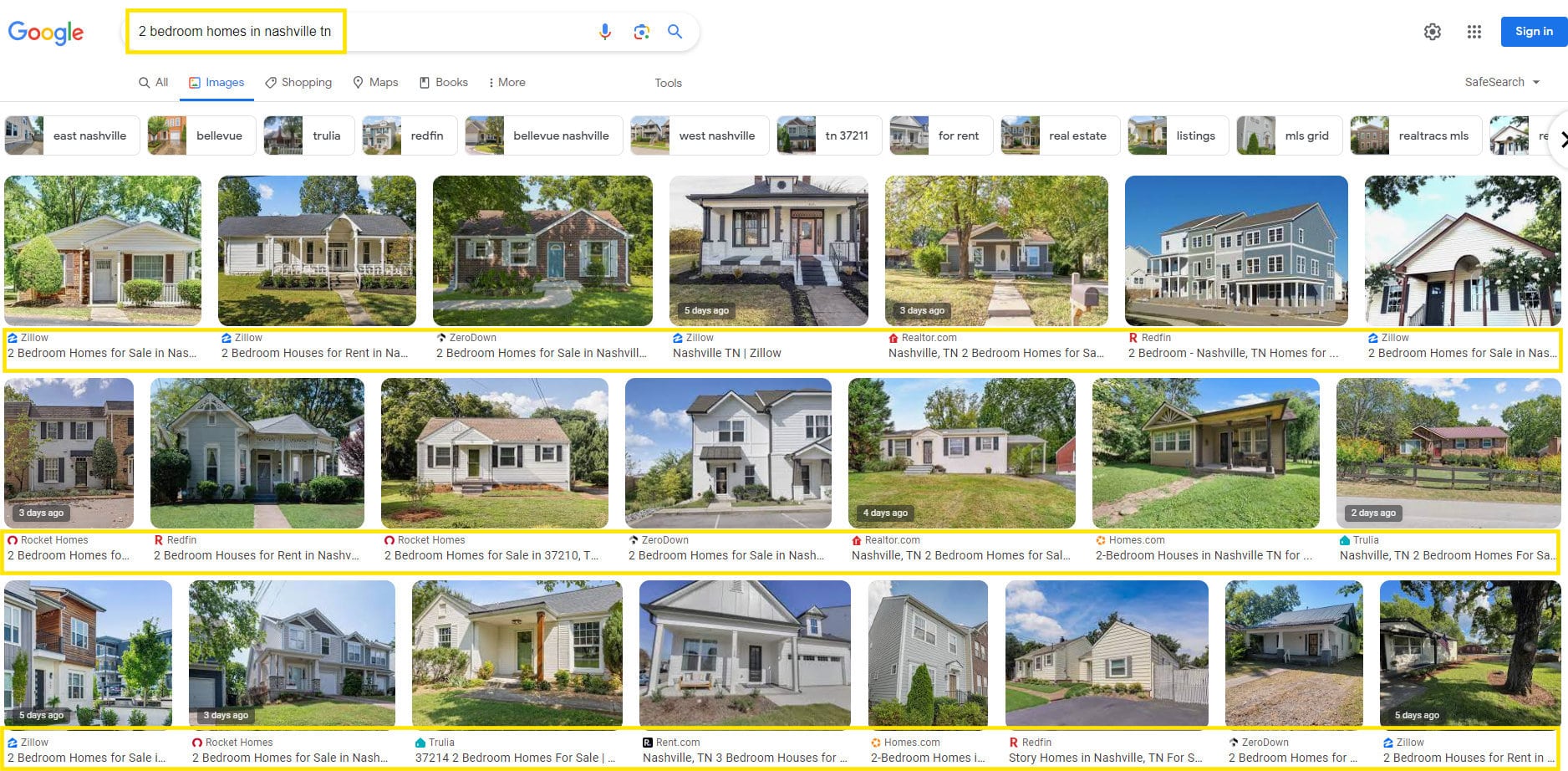
Alt text, or alternative text or alt-tags, is a brief description of an image that appears when the image fails to load or when a visually impaired user relies on a screen reader. Search engines use alt text to understand the content of an image and index it correctly.
Alt text is crucial for SEO because search engines cannot see images as humans do. Without alt text, search engines may struggle to index your images correctly, affecting your website’s search ranking.
For real estate websites, optimizing alt text involves providing descriptive details about property images. Instead of using generic alt text like “house image,” use specific details like “spacious two-bedroom home for sale in [city or neighborhood].” This improves SEO and attracts potential buyers or renters searching for specific features or locations.
Keep alt text concise, accurate, and meaningful. By optimizing alt text for real estate images, you improve SEO and boost your website’s visibility in search results.
3. Optimize Off-Page SEO
Off-page SEO is crucial to enhance the visibility of your real estate website on search engines. It involves implementing various techniques specifically tailored to the real estate industry. Here are some effective strategies to consider:
- Building high-quality backlinks from authoritative real estate websites: By obtaining backlinks from reputable sources within the real estate industry, you can establish your website as a trusted and reliable resource, significantly boosting your search engine rankings.
- Optimizing local listings: Make sure your real estate business is listed accurately and consistently on local directories, such as Google My Business, Yelp, and Real Estate-specific directories. This will help potential clients find your business when searching for local real estate services.
- Guest Blogging and Brand Mentions: Collaborate with other real estate professionals, bloggers, or industry influencers to contribute guest articles on their websites or have them mention your brand in their content. This can generate valuable backlinks and increase your website’s exposure to a broader audience.
- Participating in industry forums and online communities: Engage in discussions, share insights, and seek advice from other real estate experts in forums and online communities dedicated to the real estate industry. This can help you stay updated with industry trends and improve your website’s performance.
- Collaborating with local influencers: Identify influential individuals, realtors, or organizations, such as the National Association of Realtors, within your local real estate market and explore opportunities for collaboration. This can include hosting joint events, partnering on marketing campaigns, or featuring their expertise on your website. You can increase brand awareness and attract quality leads by leveraging their influence.
4. Use a Mobile-Friendly Design
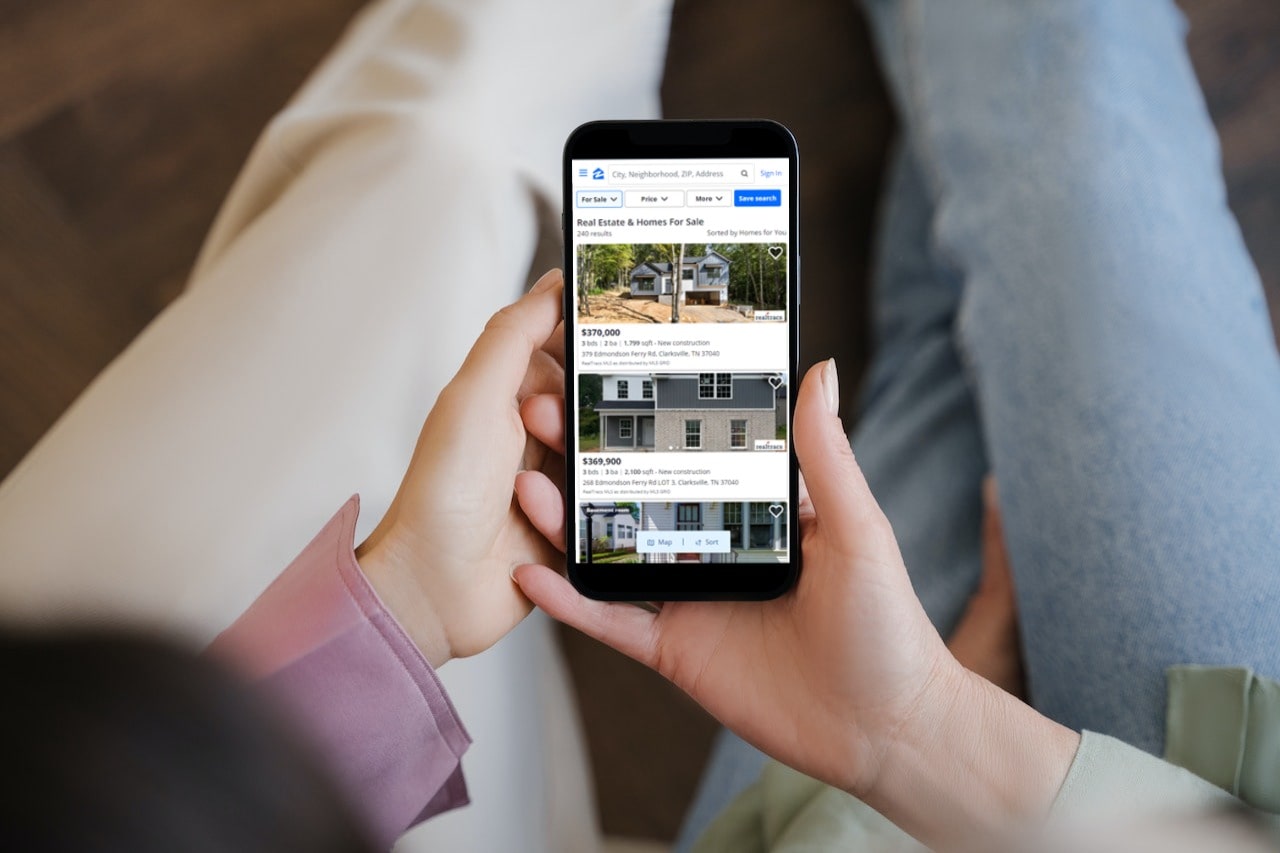
In today’s digital age, with over 50% of all searches conducted on phones, mobile rules the online world. Hence, Google acknowledges and rewards mobile-friendly websites with improved rankings.
So, what can you do about it?
Consider these key features and benefits of a mobile-friendly design:
- Responsive Layout. Your site adapts seamlessly to any screen size, ensuring a great user experience for all visitors on mobile devices.
- Fast Loading. Mobile users expect a good page speed. A good design optimizes your site’s loading time, keeping visitors engaged.
- Improved SEO. Google prioritizes mobile-friendly sites in search results.
- Higher Engagement. A user-friendly mobile site encourages longer visits, reducing bounce rates.
- Easy Navigation. Intuitive menus and touch-friendly buttons make browsing pleasant for visitors.
- Better Conversion Rates. Mobile users are more likely to contact you or explore listings on a mobile-optimized site.
Now, you might wonder how to achieve this mobile-friendly status, right?
Xara Web Designer+ simplifies website creation by helping you automatically create a mobile-ready website. Finally, website creation is accessible for real estate agents without coding skills. We’re all about simple drag-and-drop features that ensure your site is ready for the mobile-first world we live in.
5. Produce High-Quality Content
Your website’s content is the heart of your digital SEO strategy. Hence, you need to create marketing content that addresses the needs and concerns of your target audience.
How? By starting a blog section.
Here’s what your blog section needs to be:
- Informative
- Engaging
- Valuable
And here’s what to avoid in your real estate content:
- Talking too much about yourself
- Spam content
- Little to no educational information
- Infrequent posting
So, review that keyword research from step one, and start creating your first pieces of content. Regularly update your blog with articles about local real estate trends and tips for both buyers and sellers.
Additionally, you could start a newsletter where you can promote your blog and add extra tips for loyal subscribers. Make them feel part of the real estate industry with actionable advice that’s tailored to their interests.
Try Xara Marketing Center for Realtors for Free!6. Don’t Forget about Google My Business (GMB)
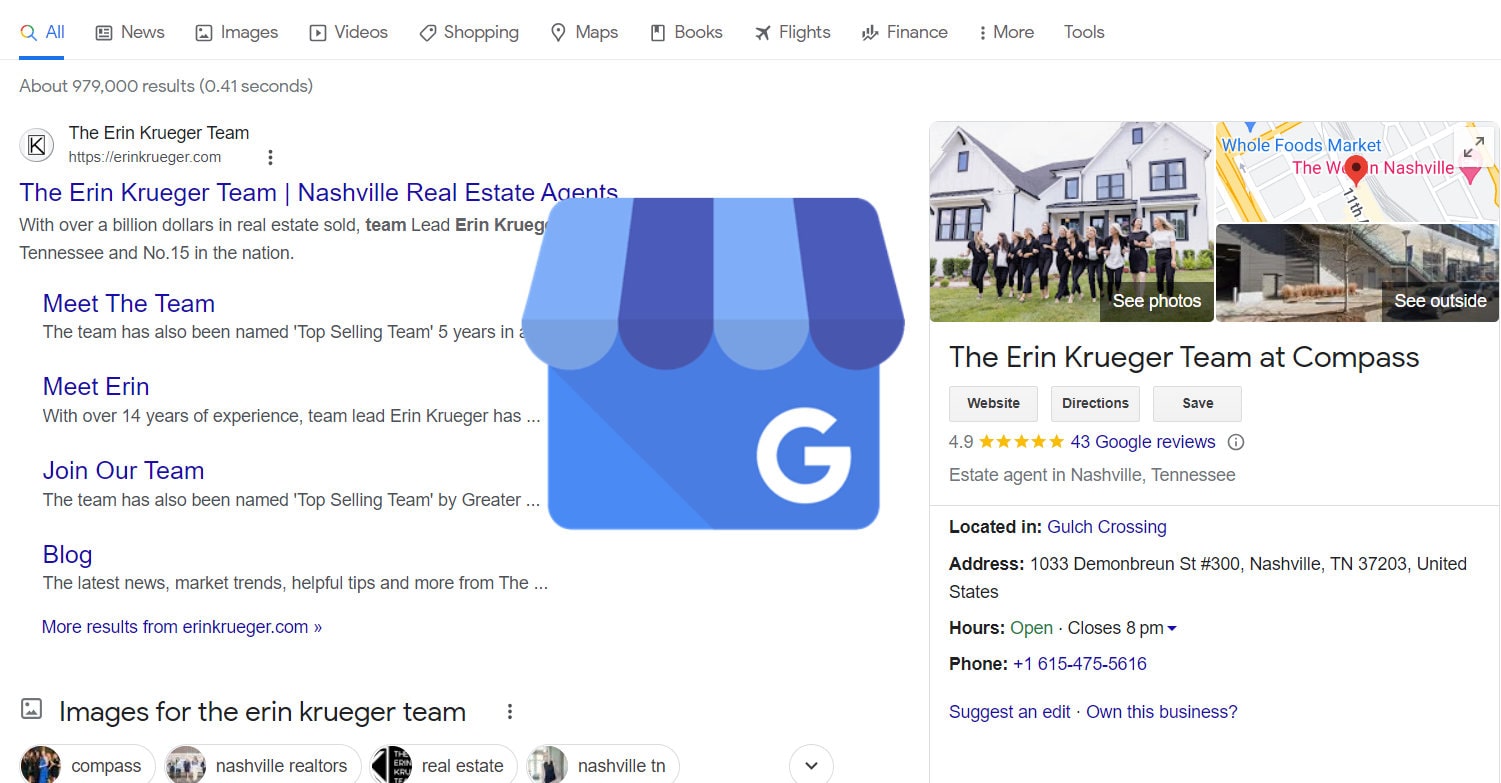
Claim and optimize your Google My Business listing. Do it now.
Your Google business profile ensures that your real estate agency is visible in local searches and on Google Maps. Plus, it helps establish yourself as a prominent presence in your community and boost your SEO strategy.
Here’s how to set up and optimize your GMB profile:
- Sign In or Create Google Account: Log in with your Google account or create one.
- Search for Your Business: Search your real estate website on Google and locate your listing.
- Claim Your Business: Click “Own this business?” or “Claim this business” on the listing.
- Verify Ownership: Follow the prompts to verify ownership via mail or phone call.
- Complete Profile: Access your dashboard and fill in key details, including contact info and business hours.
- Add Photos: Upload property, team, and office photos.
- Collect Reviews: Encourage clients to leave reviews to build trust and social proof.
7. Leverage Online Reviews
Positive reviews are tangible proof of your hard work. Therefore, you need to use customer reviews to establish yourself as a reliable real estate agent.
Encourage satisfied clients to leave their mark on platforms like Google, Yelp, and Facebook. Positive reviews improve your local SEO optimization and build trust.
Additionally, you can share citations and testimonials directly on your social media channels. This is considered one of the best practices, as people often prefer to hear from others before making a decision.
Content Marketing for Search Engines
8. Utilize Visual Content for Your Listings
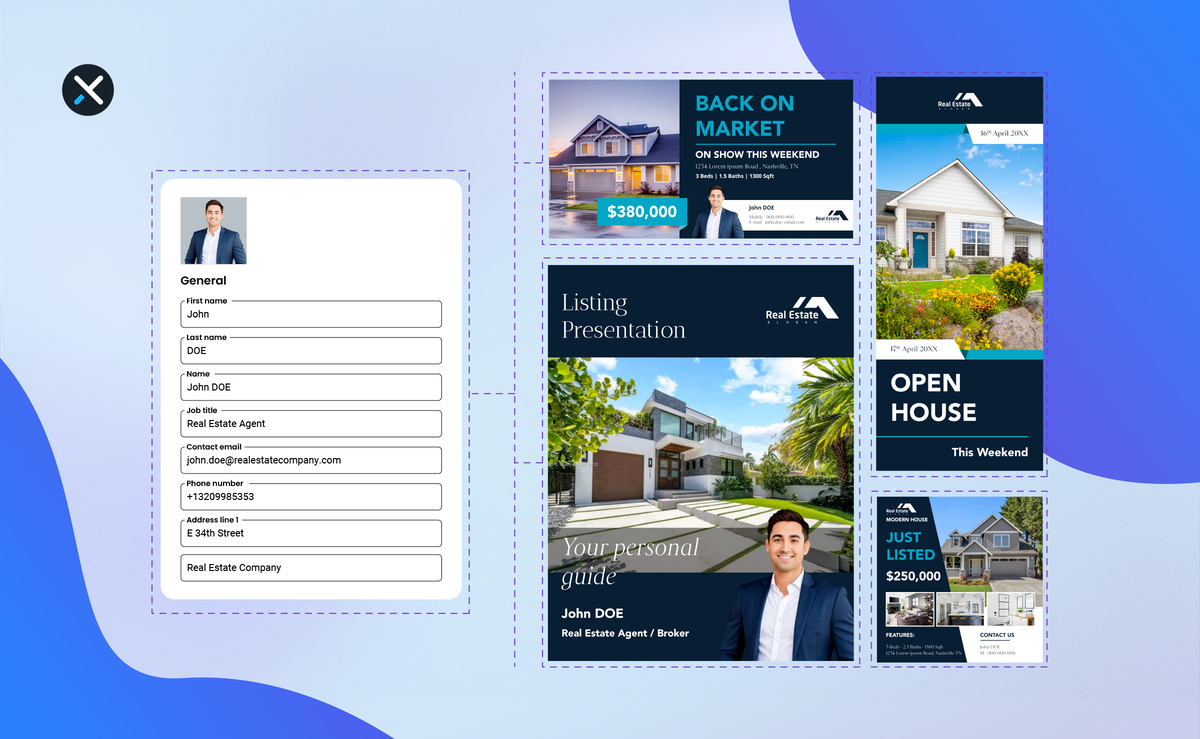
Property photos, virtual tours, and videos–they rule the visual world.
Visuals engage visitors and provide them with a clear picture of the properties you offer. They’re much more effective than simple photos of your listing, although those will also work.
Using visuals in your website and social media will show remarkable ROI. That’s because graphics engage visual senses like nothing else, leaving a lasting impression in the minds of your prospects.
Try Xara Templates for Free for 14 Days!9. Get on Social Media
Social media is now a must for marketing real estate businesses. Content promotion is essential to generate leads and boost brand awareness.
Promote your content on social media platforms. Which ones? All of them. Real estate social media is competitive, but it shows great results. That’s especially true if you’re being consistent in your posting schedule and quality of content.
Strategies for social media content promotion include:
- Creating attention-grabbing posts with visuals.
- Making quality property videos or video content.
- Regularly sharing content on Instagram, Facebook, Twitter, TikTok, and LinkedIn to attract home buyers.
- Collaborating with influencers or micro-influencers.
- Responding quickly to inquiries or messages.
- Repurpose and share your blog posts and email campaigns.
- Utilizing paid promotions to increase reach and engagement.
Content should align with company goals and be educational or informative. Keep up with trends and algorithm changes, using tools or experts if needed.
Tracking and Measuring Your Real Estate SEO Strategy
 Source
SourceTo assess the success of your real estate website’s SEO, keep an eye on how it’s doing. Implement Google Analytics 4 to monitor your marketing strategy.
- Check organic traffic growth with Google Analytics data: take a look at website traffic, user behavior, and conversion rates. To understand how users interact with your website, track user engagement metrics like time spent on a page, engaged pages per session, and engagement rate.
- Observe changes in keyword rankings, noting which ones move up or down regarding position in SERPs.
- Monitor backlinks from reliable real estate sources to review your link building strategy.
This data provides valuable insights into the effectiveness of your SEO efforts. Moreover, they help you adjust your strategy and invest more in the pages and posts that bring in more organic traffic than others.
Alternatively, they point out areas for improvement, such as pages with broken links, expired real estate listings, or low-page speed URLs.
With plugins/tools like Google Search Console, Yoast SEO, or Ahrefs, you can monitor site progress accurately. This way, your website can become an authority in the real estate industry.
Your Real Estate SEO-Powered Future: A Glimpse
 Source
SourceAs we wrap it up, remember this: your organic success is just clicks away. It’s not a distant dream. Ranking in the top results is a tangible reality waiting for you to seize.
Now, take action. Go through our real estate SEO tips and crush that search engine results page.
Here’s what will happen if you start paying attention to your real estate website’s SEO today:
- ✅ Surge in Leads. Your website will attract new traffic, and your inbox will receive inquiries from potential clients.
- ✅ Increased Engagement. With a fully optimized website, visitors will spend more time on the page learning about your real estate business.
- ✅ Lead Conversion. As potential customers get to know your brand and navigate your perfectly designed website, they’ll probably start converting soon.
- ✅ Thought Leadership. SEO will also help you become a trusted authority and a real estate thought leader, apart from building your business.
- ✅ Brand Notoriety. Real estate SEO is not only about reaching your local audience. Your brand’s reputation will transcend borders, attracting clients from all corners.
- ✅ Sustainable Growth. A real estate business with a robust online presence is positioned for huge long-term growth.
- ✅ Community Engagement. As you share your well-crafted articles, they will spark engagement on the internet. Perhaps other real estate agents will start sharing them too. Before you know it, you have a community of people trusting your advice and reaching out.
- ✅ Better Conversion. Finally, all your efforts will pay off, as your leads will become loyal customers and brand advocates.
Ready to Make It a Reality?
Take the first step with Xara. We’re your all-in-one resource for creating the perfect real estate website and supercharging your SEO efforts.
Whenever you’re ready, download Xara Web Designer+ and launch your website in minutes!
Download & Try Xara Web Designer+ for Free!
Get Your Free Real Estate Marketing Materials For Your Business!
Join 10 000+ real estate agents powered by Xara Marketing Center.
- Sign up for a free account.
- Get a 14-day premium trial.
- No credit card required.

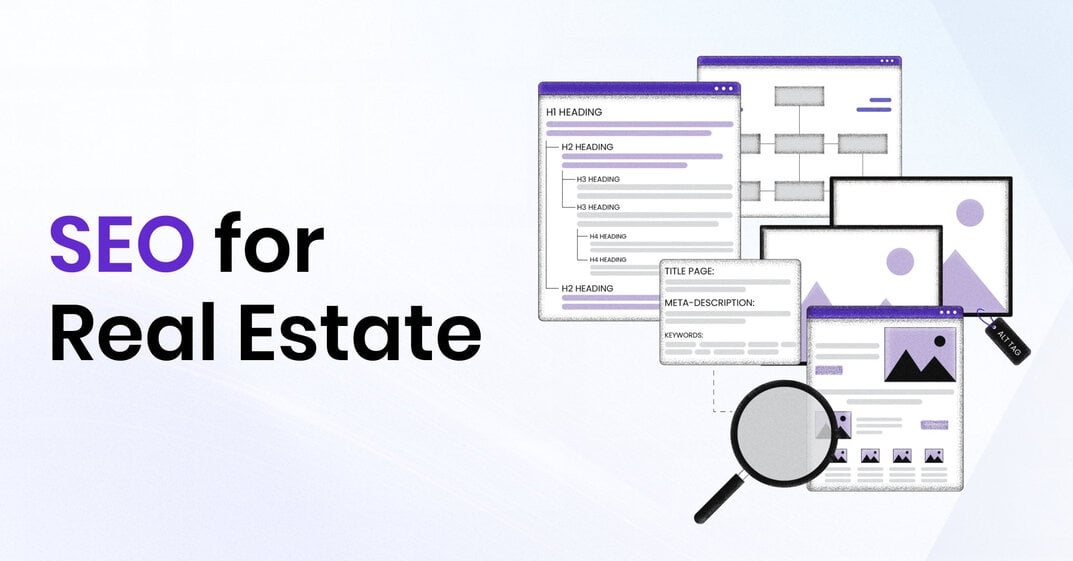
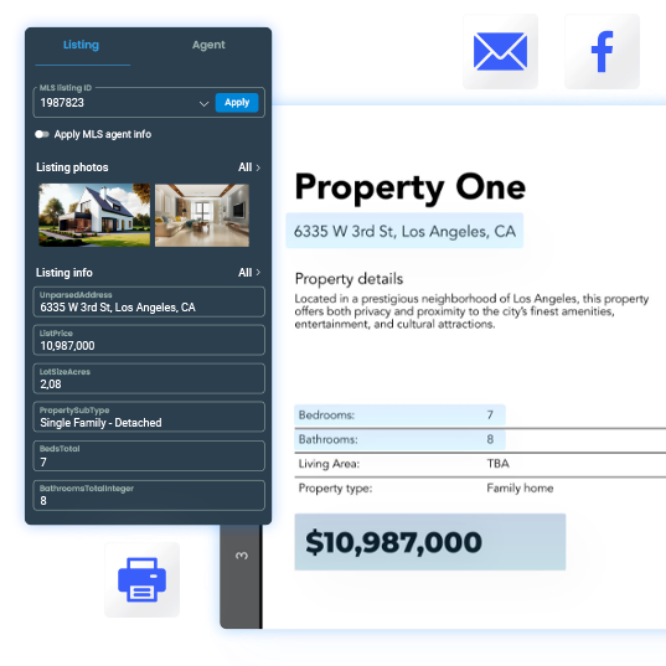
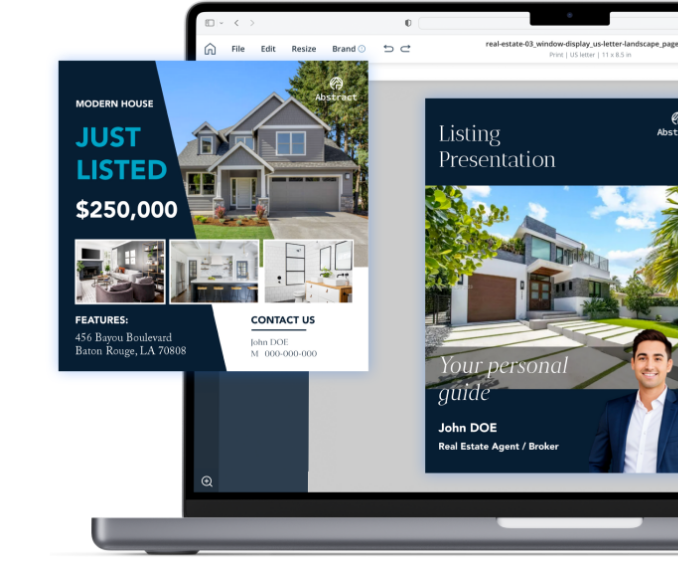



 No credit card or phone number required.
No credit card or phone number required.